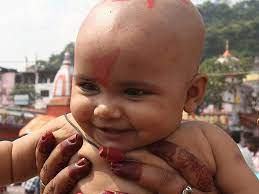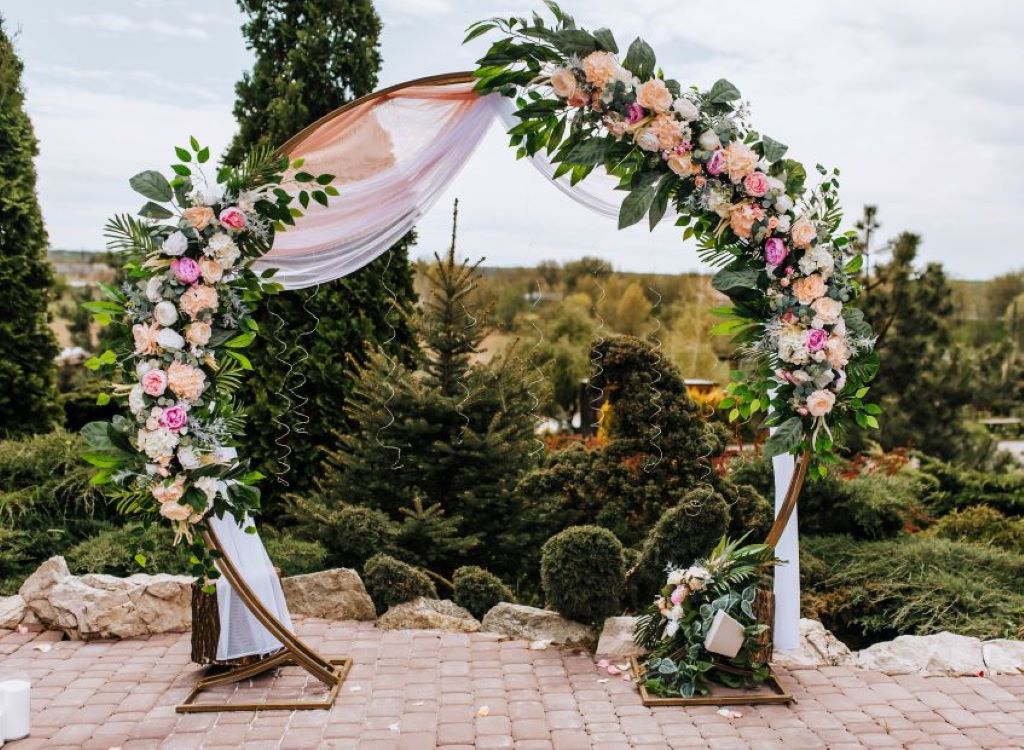Each culture has its own customs and traditions when it comes time to welcome a new baby into the world. Some are religious, formal, and solemn while others are more lighthearted. We examine the customs around the world for welcoming babies, naming them and celebrating their birth.
In Hindu-majority countries, newborn babies’ heads are usually shaved with care. This is done to rid the baby of any bad luck that may have come from an earlier life. Monks in Buddhism perform a hair-shaving ritual for purification a month and a day after the birth.
Aqiqah is a Muslim ceremony performed exactly one week after birth. It is a religious ceremony that represents the child becoming Allah’s servant. The hair is then weighed, and the equivalent amount of gold or silver offered to the needy.
In some parts of Africa, and Asia, heat and smoke are used as important purification techniques. The properties of smoke and heat are believed to heal and protect the mother, as well as the baby. Women in Thailand perform a ceremony called jufaj, which involves lying next to a fire for 11 days. This is done to scare away evil spirits and heal the woman’s uterus.
In Malaysia, pantang is the term for 44-day confinement. It is done to restore their health and strength. Women sit in front of fires and apply hot stones and oils to their bodies. They then wrap their stomachs with a traditional binding.
In the UK, one tradition is to knit the new baby a special christening blanket. If you want to do this, consider the benefits of a Knitting Kit from a site like woolcouturecompany.com
The dropping of babies at the Sri Santeswar Temple in India is one such bizarre ritual. For hundreds of years, babies have been dropped from 50 feet on sheets held by people while they sing and celebrate. This dangerous-sounding ritual is believed to bring good fortune, wealth and health.
However, in some places, the name decision is down to others. In Bhutan, a priest names babies three days after they are born. The names are all unisex, religious and without surnames. Many children have the same name as you might imagine. Nicknames are therefore common.
On the seventh night following birth, babies in Japan are dressed all white as part of a naming ceremony known as Oshichiya. The names given to babies are usually the same as those of their grandparents, and they are written beautifully in Japanese calligraphy for display in the home.




